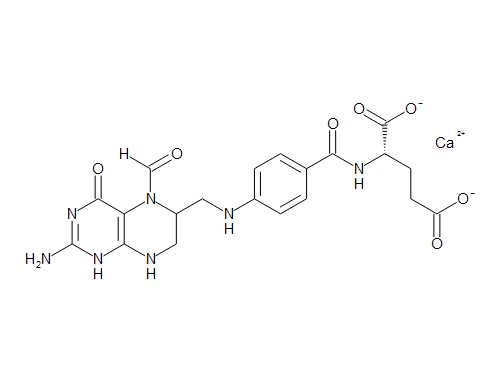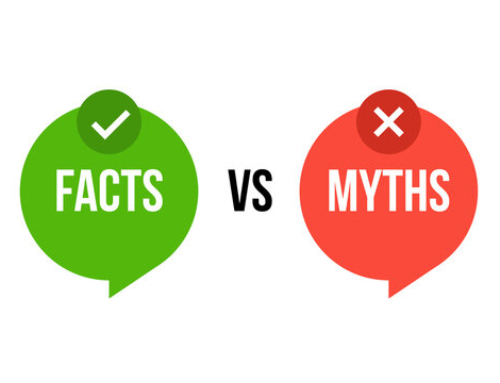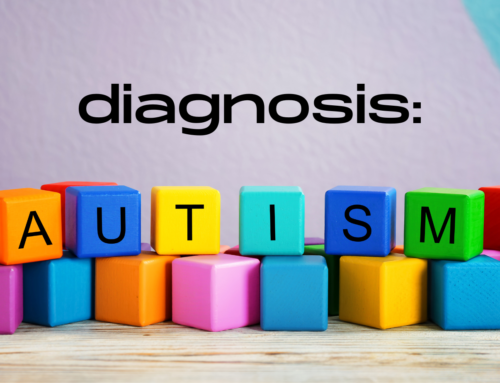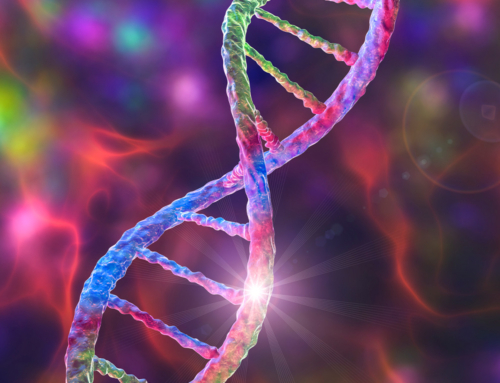Have Scientists Discovered a Pill That Cures Autism?
Could scientists have finally discovered a pill that could cure autism?
A recent study into the epilepsy drug lamotrigine, which is used to treat the symptoms of bipolar disorder and epilepsy, found that it also reversed autism-like behavior in mice.

Currently, there’s no known cure for Autism Spectrum Disorder or ASD. However, some medications have been known to help with some of the symptoms associated with ASD. These medications include antipsychotic drugs, including risperidone and aripiprazole, anti-anxiety medications, antidepressants, and anticonvulsant drugs.
However, none of these drugs can cure autism, and they’re not effective for all people.
A recent study published in the journal Molecular Psychiatry discovered that lamotrigine (Lamictal) which is an epilepsy drug that blocks sodium channel, reversed autistic-like behavior in mice.
According to the study’s authors, scientists from the Hector Institute for Translational Brain Research (HITBR), this recent discovery could lead to effective therapeutic treatment options for people with Autism Spectrum Disorder (ASD).
Scientists already understand that mutations in a protein in nerve cells known as MYT1L play a significant role in neurological disorders and wanted to investigate further the role they play in the development of autism.
By genetically altering the MYT1L in the mice, the team was able to get the mice to display similar gene and expression changes as ASD. In addition, the mice also displayed thinner cerebral cortexes. The scientists also noticed that there was impaired nerve function when they switched off MYT1L in human nerve cells.
The MYT1L-deficient neurons produced a surplus of sodium blockers that would normally only be found in heart muscles. When nerve cells produce excess amounts of these types of channel blockers, it could result in electrophysiological hyperactivation, which is a symptom observed in people with autism.
However, when the team of scientists treated these MYT1L-deficient nerve cells with lamotrigine, which is a sodium channel blocker, the hyperactivation returned to normal in the cells, and the autistic-like behavior in the mice stopped.
“Apparently, drug treatment in adulthood can alleviate brain cell dysfunction and thus counteract the behavioral abnormalities typical of autism — even after the absence of MYT1L has already impaired brain development during the developmental phase of the organism,” study author Moritz Mall explains in a news release.
Although these results in mice are extremely promising, clinical trials involving humans with ASD are still only in the planning stages. However, if the human studies show the same promising results, then treating MYT1L deficiency with lamotrigine could potentially be a therapeutic option for people with ASD.
Have Scientists Discovered a Pill That Cures Autism? – Conclusion
Although scientists haven’t discovered a cure for ASD yet, the initial results of studies like the one mentioned above are extremely promising. Globally, scientists are working diligently to try to discover the missing link which will ultimately lead to a cure for those affected by ASD.
If you have any questions about autism products or would like to find more information about sensory products, please don’t hesitate to reach out and contact us directly. Our friendly and professional team is standing by to assist you.





